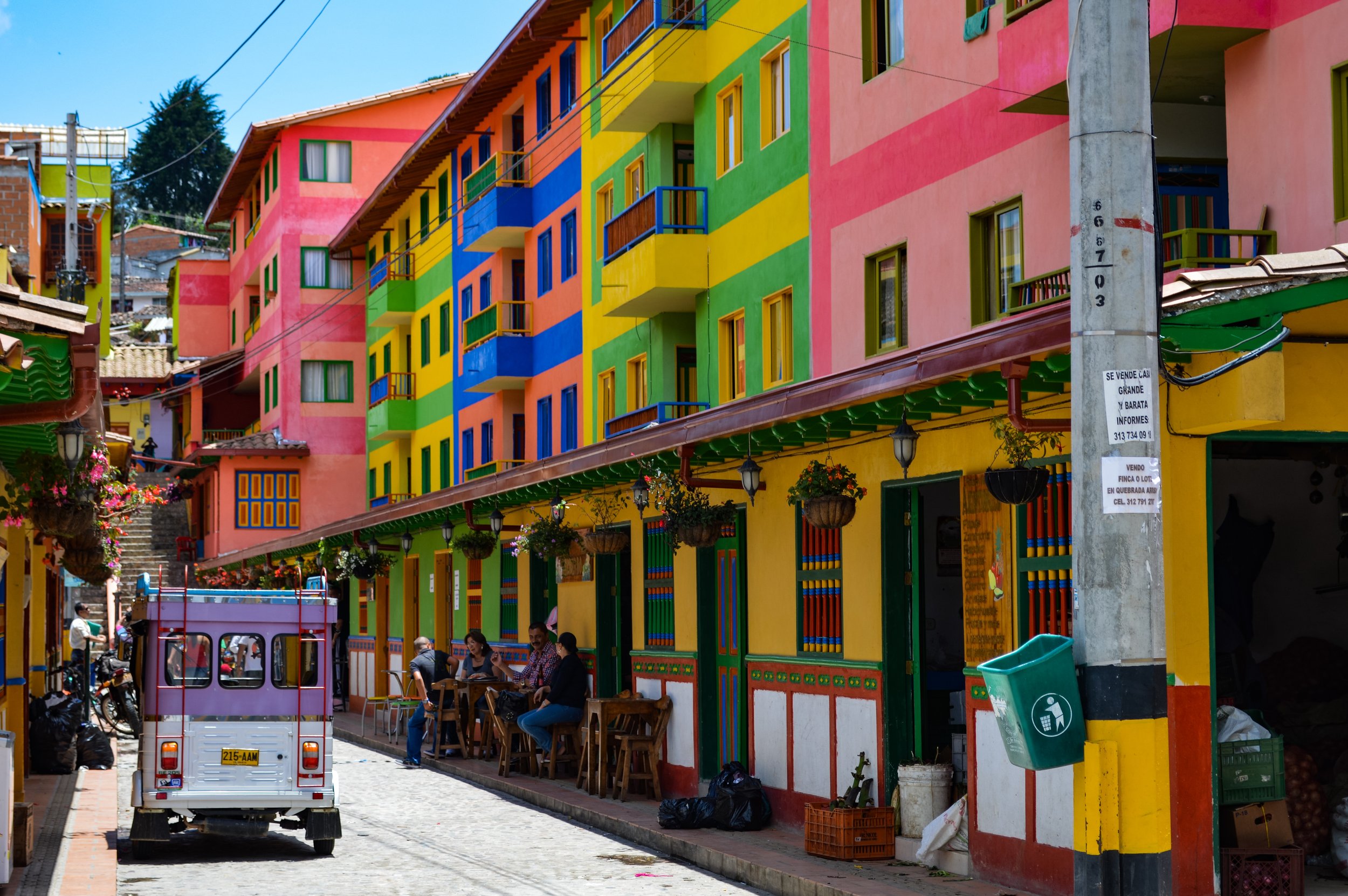
Genesis Barrera
Moctezuma at the museum
On an early evening while strolling through the Heldenplatz, I crossed paths with an elderly man dressed in traditional Mesoamerican garb. A gold ring on his long, wrinkled index finger glittered in the sunset as he pointed toward the Hofburg, a thirteenth century imperial palace.
“¿Estás de humor para una inyección cultural?” the man whispered. He spoke classical Nahuatl in a dialect I recognized as being strictly reserved for nobility. As if charmed, I began to follow in his slow, deliberate footsteps.
“All the days of my life, I have seen nothing that has so rejoiced my heart as these things,” the man recited in fluent German. Walking together to the entrance of the palace, I realized that the building presently housed Vienna’s museum of ethnology. Anticipating the frail old man’s every need, I held the door open as he sauntered through.
“Eso fue lo que Albrecht Dürer escribió en su diario sobre mí en 1521,” he said proudly in his native tongue. “For I saw among them strange and exquisitely worked objects and marveled at the subtle genius,” he continued in German. Intrigued by the man’s seeming agelessness, I allowed him to guide me through the vaulted corridors of the museum to an exhibition of artifacts from Mesoamerica.
Arriving at a vitrine featuring a five foot wide feather headdress with hundreds of iridescent blue-green quetzal feathers as well as over a thousand small gold plates and precious stones, the old man’s face contorted into a wide smile. “Esta reliquia resplandeciente, junto con todos los demás artefactos antes que tú, se encontraban entre los primeros despojos de la conquista de Europa de una civilización que quizás conozcas como Azteca,” he said, motioning toward numerous glass cases in front of us. “Sin embargo, nos llamamos Mexica.”
The man hesitated to turn away from the headdress, long thought to be the crown of Emperor Moctezuma. “Mientras Dürer escribía sus palabras de admiración hacia mí, el imperio Mexica estaba sitiado por las tropas españolas y sus aliados indígenas,” he said solemnly. “La gran ciudad de Tenochtitlán cayó ese mismo agosto, abriendo el camino a la colonización de nuestras patrias ancestrales.”
“Dos civilizaciones poderosas, sofisticadas y prósperas previamente desconocidas entre sí se encontraron,” the man continued. “En dos años, solo uno se convirtió en una maravilla del imperio perdido.”
Surrounded by the natural and cultural riches that remain of this lost empire, the man’s once toothy smile turned downward. “Yo, Moctezuma, he sido reducido a esto,” he said looking around the exhibition space. “Descansando por toda la eternidad en un purgatorio conocido como el Weltmuseum Wien.”
Bio
Genesis Barrera is a Xicanx writer from Texas. She moved to Rhode Island to attend Brown University, graduating in 2021. Genesis is a founding member of LitArts RI in Providence, where she has received numerous honorariums for her bilingual (Spanish/English) and trilingual (Nahuatl/Spanish/English) poetry. Her poems have been featured in Brown’s Latinx literary magazine Somos, Harvard’s Palabritas, Copihue Poetry, Latin@ Literatures, and more.
Find her @biblio.genesis on Instagram.
